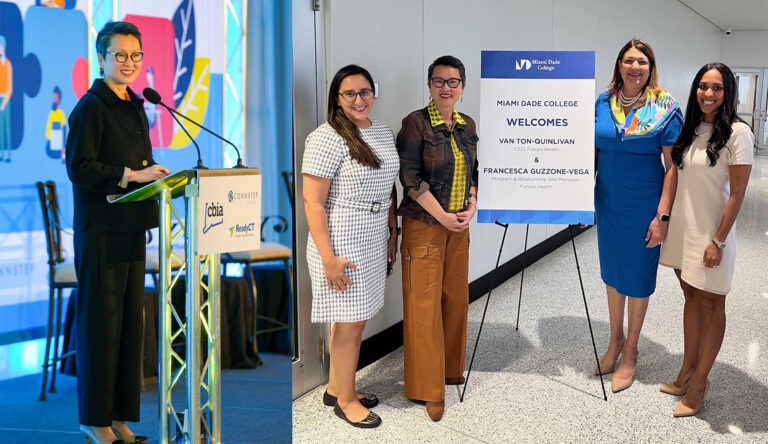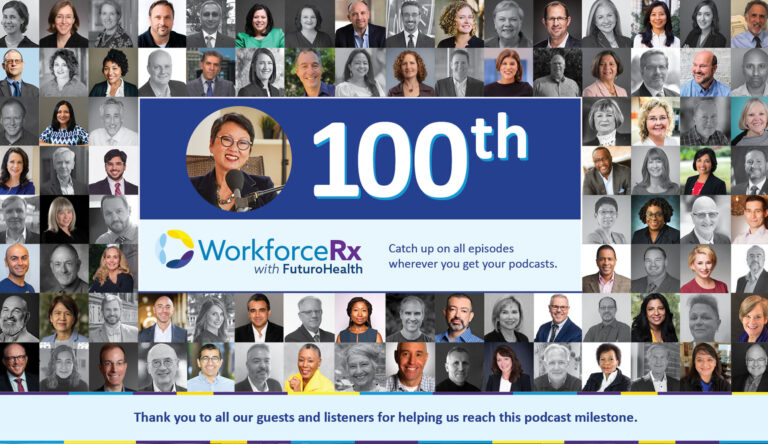For many people in underserved and underinvested communities, the emergency room is the all-in-one provider of healthcare. This presents a multitude of problems for both patient and state. According to data released by UnitedHealth Group, non-emergency visits to the ER add $32 billion a year to national health care costs. Paradoxically, patients who need ongoing, but non-emergency, health care see little benefit from receiving treatments from ERs or urgent cares. This has created a no-win situation in which patients aren’t receiving the care they need, health care costs are skyrocketing, and resources that could close the gap in underserved communities are dwindling. Futuro Health seeks to mitigate this issue by growing the number of Care Coordinators in the workforce to better serve at-risk communities.
“Patients who don’t have access to health care are not being adequately served by ERs, and this problem was particularly evident during the pandemic as COVID-19 patients inundated hospitals everywhere,” said John Cordova, Futuro Health’s Program Director of Allied Health. “Because ERs must prioritize emergency issues, chronically ill or mentally ill patients often wait hours and hours to be seen, and then have no resources once they are discharged. Care Coordinators fill the gap between patients and ERs to not only prevent readmissions but provide ongoing care.”
The Care Coordinator program for chronically ill patients is a relatively new offering at Futuro Health, and focuses on training students to manage patient care and work with patients after they are discharged from the hospital to make follow-up appointments, obtain prescriptions and special equipment, enter therapy, and regulate their health. Care Coordinators are an important asset for chronically ill patients, especially those in underserved communities. Chronically ill patients often struggle to understand the complexities of their conditions and how to effectively prevent symptoms and flare-ups. Care Coordinators not only assist with chronically ill patient care, but also educate patients who have long been lacking the resources and attention to manage and improve their health.
Futuro Health also offers tuition-free scholarship to attend an accredited Care Coordinator program that emphasizes Behavioral Health – helpful training when working with patients who frequent ERs. Furthermore, behavioral health issues have increased during the pandemic, yet there is still a dearth of resources in underserved and disadvantaged communities. In a National Hospital Ambulatory Medical Care Survey, researchers found that patients can’t find satisfactory outpatient treatment for mental and behavioral health problems and there is no place to continue treatment once released from the ER. Behavioral Health Care Coordinators ensure that the best resources are being used to help the patient get better and promote a patient’s mental well-being when they are in recovery from behavioral, mental, and addictive disorders.
Futuro Health’s Care Coordinator programs are accepting credentialed allied health workers who are interested in upskilling their talents and learning new interventions in health. Example roles who are eligible from this upskilling include LVNs, LVN leads or trainers; MAs, MA leads or trainers; counselors; social workers; physical therapists; occupational therapists; speech therapists; respiratory therapists; optometry techs; pharmacy techs; dieticians/nutritionists; dental hygienists; community health workers; and other clinical roles with responsibility for coordinating or administering healthcare.
Learn more information on Futuro Health Care Coordinator programs.



